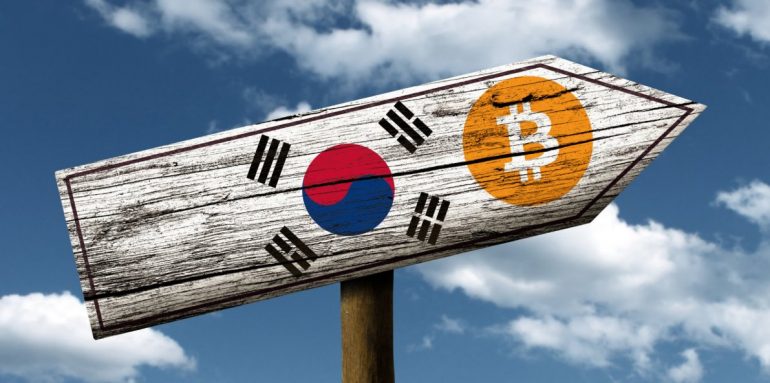Cryptocurrency traders, in not only South Korea, but the entire world can now relax a bit with the current news of South Korea announcing that the country will be regulating cryptocurrency exchanges in the same manner they regulate commercial banks The regulation shall be carried out by the Korea Financial Intelligence Unit (KFIU) in collaboration with other local financial regulators.
The Director of KFIU, Kim Geun-ik led a meeting that discussed on the existing regulations in the country that provide strict measures against money laundering and terrorist financing in the country. His sentiments echoed the policy guidelines issued by the same government entity back in February when it was cracking down on cryptocurrency exchanges and ICOs in the country. Mr. Geun-ik also proposed stricter policies to both commercial banks as well as independent financial service providers.
In the meeting, the KFIU decided to include cryptocurrencies in its Anti-Money Laundering and Know Your Customer (KYC) initiative. What would then proceed the meeting, is the drafting and proposing of a bill in the South Korean Congress that would give local financial authorities the mandate to monitor traditional bank account and cryptocurrency users within their jurisdictions and in a transparent manner within the law.
A Spokesperson of KFIC had this to say with respect to the current development in the country:
Under current regulations, there are clear limitations in preventing money laundering on crypto exchanges because the only way authorities can spot suspicious transactions is through banks. If the bill of lawmaker Jae Yoon-kyung from the Democratic Party of Korea passes, local authorities will be able to impose identical regulations on crypto exchanges that are implemented on commercial banks.
The impact of this decision might be what South Korean traders have been waiting for in terms of having cryptocurrencies recognized by their country’s officials as a legal form of investing as well as being mediums of facilitating payments of goods and services. By encompassing Cryptocurrency exchanges in the country’s anti money laundering efforts as well as implementing KYC procedures, the industry will gain legitimacy in not only South Korea, but the entire world.
By doing this, South Korea will set precedence for any other nation in the process of coming up with some type of regulation towards the Cryptocurrency and ICO sectors of this new industry. One country that is probably watching on how South Korea handles its regulation, is the United States. The country is yet to give any clear direction, through its SEC, on how to handle cryptocurrencies, ICOs and exchanges within its jurisdictions.

